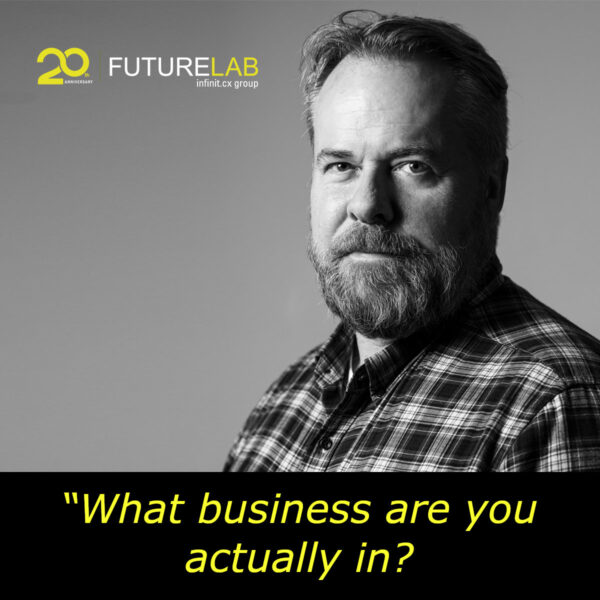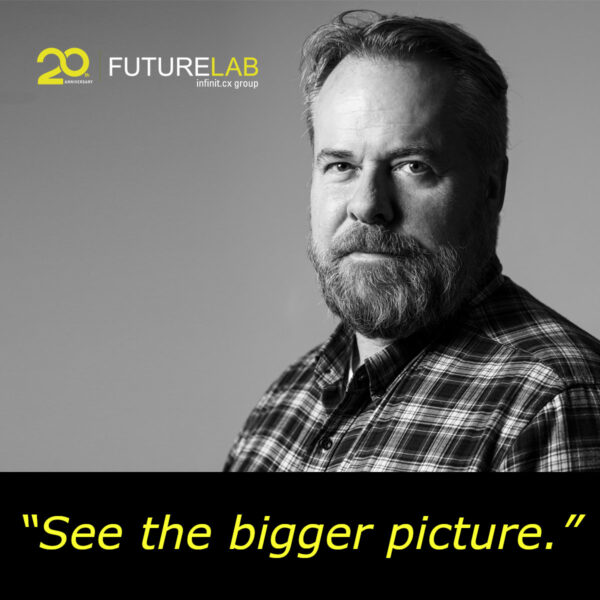What Is The Achilles Heel of Strategy?
My colleague and I put our whole selves into our work talking with folks in the business, listening to customer conversations, reviewing research, looking at competitors and trends, looking at various approaches, evaluating these approaches and coming up with optimal course of action for our client and our client’s customers.
To our delight the strategy was accepted-approved by management. A month or so later we got busy on implementation planning. It was during the implementation planning when hard decisions had to be made that the commitment to the digital strategy unravelled. Our clients got the value of pursuing the digital strategy and they found themselves in a particular situation which called forth and drove a different set of choice and actions.
This is the Achilles Heel of strategy, every executive finds himself in a particular situation. And every situation has its own ‘logic’ and a momentum. As such it really it takes something to alter course and make any significant headway. It takes resolve – fierce resolve, the kind of resolve that grabs you and keeps hold of you. It is not the kind of resolve that is created through the intellect.
Why Don’t We Do What We Know We Should Do?
Have you wondered why your organisation sucks at being authentically customer-centric: practicing relationship marketing, client centred selling, pleasing customer service? Have you wondered why it is that your organisation sucks at calling forth the best from your people?
Now and then someone speaks and their speaking is wisdom. Today, I share with you the wisdom of David Maister as articulated in his great book ‘Strategy and the Fat Smoker‘:
“In business, strategic plans are also stuffed with familiar goals: build client relationships, act like team players, and provide fulfilling motivating careers. We want the benefits of these things. We know what to do, we know why we should do it, and we know how to do it. Yet most businesses and individuals don’t do what’s good for them….
The primary reason we do not work at behaviours which we know we need to improve is that the rewards … are in the future; the disruption, discomfort and discipline needed to get their are immediate…..
Our default pattern and why it doesn’t work
When it comes to improving performance at the individual, team or organisational level we tend to follow a self-defeating pattern. I have seen this pattern played out again and again over the last 10+ years as organisations have grappled with relationship marketing, CRM, customer experience, employee engagement, digital. Here’s what David Maister says:
We start self-improvement programs with good intentions, but if they don’t pay off immediately, or if a temptation to depart from the program arises, we abandon our efforts completely – until the next time we pretend to be on the program.
That’s our pattern. Try a little, succumb to temptation, and give up. Repeat until totally frustrated. Unfortunately, there is rarely, if ever, a benefit from dabbling or trying only a little. You can’t get half the benefits of a better marriage by cutting out half your affairs, cure half the problems of alcoholism by cutting out half the drinks or reduce the risks of lung cancer by cutting out half the cigarettes.
You can’t achieve competitive differentiation through things you do “reasonably well most of the time.” You not only cannot dabble, but you also cannot have short-term strategies ….. The pursuit of short-term goals is inherently anti-strategic and self-defeating.
You are either seriously on the program, really living what you have chosen, or you are wasting your time.
Why strategic analysis and listening to customers is not the answer
I worked in an organisation which expended considerably time-effort-cost in doing NPS quarterly. We had access to the voice of the customer. And the voice tended to speak the same tune quarter after quarter. Why? Because the people in the organisation were not willing to change behaviour in any significant way.
Is it possible that setting up VoC listening programs are a ruse? A way of saying to yourself and others that you are serious about improving the customer experience so that you hide your unwillingness to change your behaviour, the behaviour of your team, your organisation? What does David Maister say?
Improving the quality of the analysis is not where the problem lies. The necessary outcome of strategic planning is not analytical insight but resolve.
What are the essential questions of strategy?
If we know the why-what-how of employee engagement, meaningful customer relationships, and customer loyalty then what are the strategic question? Here’s what David Maister says:
The essential questions of strategy are these:
[1] Which of our habits are we really prepared to change, permanently and forever?
[2] Which lifestyle changes are we really prepared to make?
[3] What issues are we really ready to tackle?
Now that’s a different tone of conversation and discussion (and the reason that real debate is so often avoided).
What am I getting at here?
To come up with products that enrich the lives of customers requires resolve, analysis is insufficient. To create-deliver truly personalised-relevent marketing requires resolve, analysis and marketing technology are insufficient. To call forth the kind of service that generates gratitude from customers and makes them feel good about doing business with your organisation requires resolve, analysis-outsourcing-technology are insufficient. To orchestrate an end to end customer experience that calls forth customer loyalty requires formidable resolve, VoC and customer journey mapping are insufficient. Put different, dabbling won’t do; it occurs to me that most are merely dabbling.
I say, it is worth listening to David Maister once more:
There is no shame in aiming for competence if you are unwilling to pay the price for excellence. But don’t try to mislead clients, staff, colleagues or yourself with time-wasting, demoralising attempts to convince them that you are actually committed to pursuing the goal.
Relax, it’s ok to be just ok
As I get present to the world of business as it is and as it is not, I get present to the following and contradicts all the evangelising about customer focus, customer service, customer experience, customer relationships and customer-centricity:
1. Almost all businesses are unexceptional. They provide ok products (that do the job well enough). They provide OK digital real estate (websites, social media, apps, mobile). They provide OK stores. They hire OK people. They provide OK customer service – whether in stores or via the call-centres. And they generate an OK end to end customer experience, by default. As a result they do OK – they survive and make OK profits.
2. It is only against this background of OKness that the exceptional can and does show up. It is because almost all banks and insurance companies are ok that USAA glow so brightly. It is because most digital retailers are OK that Amazon shines brightly. It is because most high street retailers are OK that John Lewis and Waitrose (part of the John Lewis Partnership) shine brightly. It is because most organisations provide OK customer service that Zappos and Zane’s Cycles shine brightly.
Image via Flickr
Original Post: http://thecustomerblog.co.uk/2013/09/19/strategy-and-customer-centricity-relax-its-ok-to-be-just-ok/




